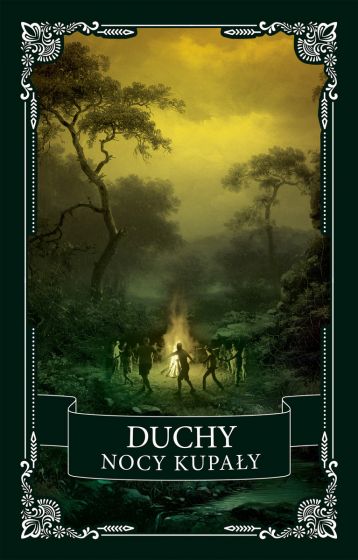
Tradition ranks Napoleon Stanisław Adam Ludwig Zygmunt Krasiński, a Polish count, with Adam Mickiewicz and Juliusz Słowacki as one of three national bards of great Romantic poets, who influenced national consciousness during the period of political bondage of Poland. A mother bore Krasiński, a son, to Wincenty Krasiński, a general and count of the aristocratic family. He studied law at Warsaw University and in Geneva, where he met Adam Mickiewicz. Krasiński compared as more sociopolitical conservative than the other two poets. He published much of his work anonymously. People best know him for his philosophical messianist ideas. His drama, Nie-boska Komedia ( The Un-Divine Comedy , 1835), portrays the tragedy of a new order of Communism and democracy, defeating an old-world aristocracy in a poetic prophecy of class conflict and of October revolution of Russia. Irydion (1836), his drama, deals in the context of Christian ethics with the struggle of a subjugated nation against its oppressor. Gothic fiction and Dante Alighieri strongly influenced frenetic plots that fill writings of Krasiński from the period. The extreme face, such as hate, desperation, or solitude, of human existence most interested this poet, as his most famous works show. Poles also well know Agaj-Han (1834). This historical-poetic novel resembled not the popular historical novels, such as those of Walter Scott, in Poland. Macabre motives, death and fratricide fill Agaj-Han. Upon human life still exists tragic fate. Later from 1844 to 1848, Krasiński calls to love and charity, according to Christianism, as he wrote Psalmy Przyszłości (Psalms of the Future). His muse for many years was Delfina Potocka, countess and likewise a friend of Kate Chopin, with whom he conducted a romance from 1838 to 1846. Later, she continued his friend, and he wrote for her Sen Cezary (published 1840) and Przedświt (Dawn's Approach, published 1843). On 26 July 1843, Krasiński married Eliza Branicka, Polish countess, who died in 1876.







